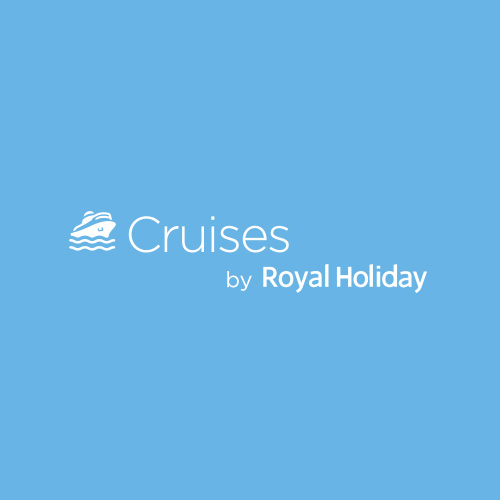For people with special needs, an ocean cruise provides one of the most reliable ways to have a memorable vacation free of worry and hassle. Because of the popularity of cruising among retirees, cruise lines have long become accustomed to providing special accommodations for their most mature passengers.
Accessibility and Cruise Ships
It is a requirement that any ship docking in an American port be compliant with the Americans with Disabilities Act (ADA). Moreover, as cruising continues to attract new enthusiasts, cruise lines are constantly designing or remodeling their ships in order to upgrade their services to the best advantage of all their passengers.
All modern ships, and older ships that have undergone refurbishment, offer a range of accommodations for passengers with disabilities. Such features include cabins equipped with roll-in showers and grab bars; elevators to facilitate moving between decks; wide doors into dining and entertainment venues; special fitness equipment; and countless other considerations.
Even though cruise lines make plenty of accommodations for the disabled on board most ships, it is still wise to carefully research each vessel. Cruise line websites provide detailed lists of the specific facilities available on board each of their ships. It is also important to remember there are usually few suitable staterooms and these tend to get booked quickly. For this reason, travelers needing extra accommodations should book well in advance.
To help plan a cruise for those with special needs, a number of travel agents specializing in such travel are available. These specialty agents, as well as many support organizations for people with disabilities, can provide the information any concerned cruiser might need.
Accessibility and Shore Excursions
Unlike ship accommodations, accessible shore excursions are much more difficult to plan. Excursions often involve a lot of walking or more strenuous activity, and utilize local transport not always capable of supporting wheelchairs. Moreover, ports outside the United States are not bound by the ADA. Many sites are simply too rustic or historic, and present difficult obstructions like cobblestones, stairs, and steep hills. For these reasons, easily accessible on-shore excursions are hard to find.
If no suitable excursions are available through the cruise line, one option may be to arrange a private tour— though doing so will usually be significantly more expensive than a regularly scheduled tour.
It can be very helpful to enlist the advice of a specialty travel agent or to contact an organization that supports those with disabilities. These experts will likely be able to provide solid alternatives to cruisers who want to make the most of their ocean voyage despite their special needs.

